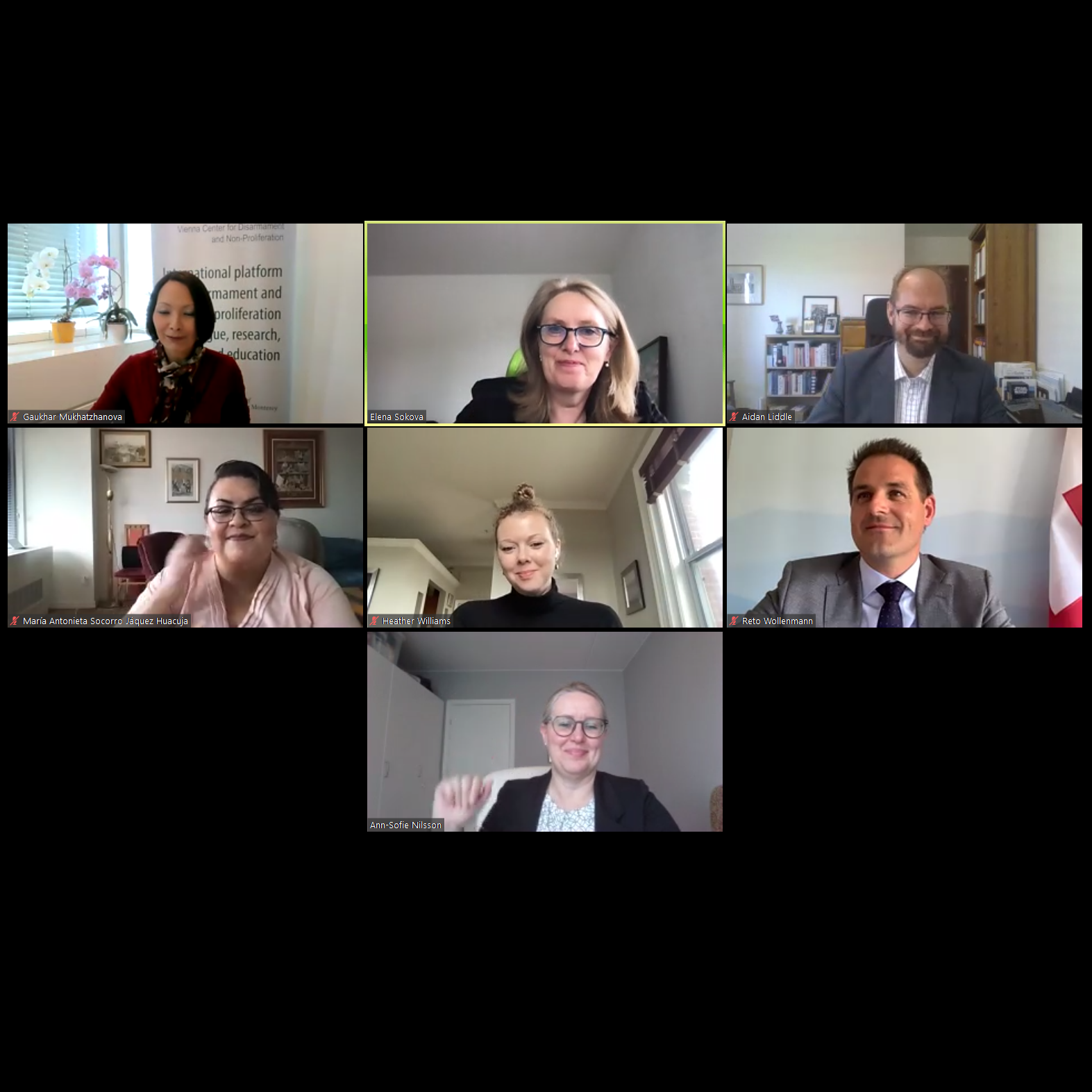
On 31 May 2021, the VCDNP held a webinar on the risk of use of nuclear weapons and risk reduction measures in the context of the upcoming Review Conference of the Parties to the Treaty on the Non-Proliferation of Nuclear Weapons. The participants discussed the new working paper on nuclear risk reduction prepared by the Stockholm Initiative on Nuclear Disarmament. The webinar’s featured speakers included Reto Wollenmann (Federal Department of Foreign Affairs of Switzerland), Ambassador Aidan Liddle (UK Mission to the WTO, UN and Other International Organisations in Geneva), María Antonieta Socorro Jáquez Huacuja (Permanent Mission of Mexico to the UN in New York), and Dr. Heather Williams (Massachusetts Institute of Technology). Sweden’s Ambassador for Disarmament and Non-Proliferation Ann-Sofie Nilsson and VCDNP’s Executive Director Elena Sokova delivered opening remarks. Gaukhar Mukhatzhanova, VCDNP’s Director of International Organizations and Non‑Proliferation Program moderated the webinar.
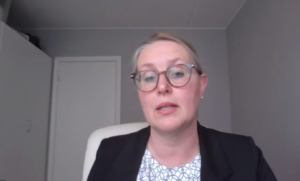
In her opening remarks, Ambassador Nilsson introduced the Stockholm Initiative, which brings together 16 non-nuclear-weapon States (NNWS) to jointly work on achieving a “positive and forward-looking outcome” of the NPT Review Conference. The Initiative focuses specifically on nuclear disarmament, looking at the past commitments and searching for a common ground. In this context, nuclear risk reduction is seen as having the potential for making real progress at the Review Conference, as many country groupings, including the nuclear-weapon States (NWS or the P5), put risk reduction on their agenda. Foreign ministers of the Stockholm Initiative in particular emphasised the need to take action on reducing nuclear risks and agreed in that regard on 22 concrete actions, also known as the Stepping Stones. Under the leadership of Switzerland, the Stockholm Initiative prepared the paper on risk reduction, which built upon some of these actions. Ambassador Nilsson added that there is still a lot of room for further research and political engagement in the months ahead of the NPT Review Conference.
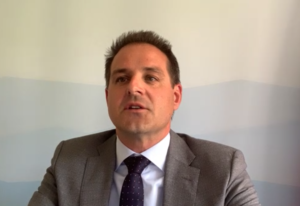
Mr. Wollenmann highlighted Switzerland’s long-standing engagement with the nuclear risk reduction issues, including through the work of the De-Alerting Coalition and support for studies on past cases of near-use of nuclear weapons. Switzerland led the drafting of the Stockholm Initiative’s working paper on nuclear risk reduction, which was recently submitted to the Tenth NPT Review Conference. Mr. Wollenmann emphasized that the paper is based on the understanding that risk reduction is not a substitute for nuclear disarmament. Rather, it is an integral part of broader disarmament efforts, including Action 5 of the 2010 Action Plan, and creates the environment for more nuclear arsenal reductions by improving international security. The paper urges for the priority consideration of risk reduction at the upcoming NPT Review Conference. It describes the nuclear risks as multidimensional challenge and proposes a concrete package of measures for their reduction. Although NWSs still bear primary responsibility for risk reduction, such measures should be based on an inclusive approach engaging all NPT States Parties.
Mr. Wollenmann provided an overview of the paper’s recommendations for the Review Conference, such as:
Mr. Wollenmann suggested that the time before the Review Conference should be used to discuss the proposed measures, identify feasible proposals and craft a concrete language. In this context, he underlined the importance of the NWS taking the lead on the issue.
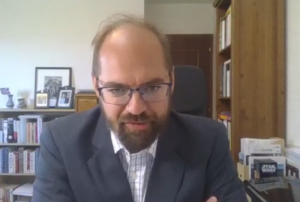
Ambassador Liddle concurred that nuclear risk reduction is not a substitute for nuclear disarmament but can create conditions for reductions of nuclear arsenals by increasing stability. He further described the United Kingdom's perspective on risk reduction and its elements, as reflected in the latest Integrated Review 2021. First, the UK seeks a dialogue among states possessing nuclear weapons, and between States possessing nuclear weapons and NNWS, underscoring that nuclear risk reduction discussion should not be confined to the NPT realm only. Second, the UK uses a narrower term “strategic risk reduction,” which focuses on reducing the risk of a nuclear war and does not include broader issues of safety and security of nuclear weapons.
Among the major areas of strategic risks Ambassador Liddle named misinterpretation of adversaries’ intentions, capabilities and actions, and miscalculation of consequences of a country’s own actions or of an adversary’s thresholds. He added that for strategic risk reduction it is also crucial to minimise or eliminate the risk of a conventional conflict that could potentially escalate into a nuclear war. Among strategic risk reduction measures, Ambassador Liddle identified trust and confidence building; increasing mutual understanding of capabilities and doctrines; and development of effective crisis prevention and management tools. The latter may include direct military-to-military communication channels and ballistic missile launch notifications.
According to Ambassador Liddle, the P5 have already started a dialogue on doctrines at the expert level. However, he noted that the P5 could make additional efforts, such as bilateral strategic stability talks (e.g., US-Russia and US-China), a joint P5 working paper on strategic risk reduction, and deepened dialogue both on doctrines and the wider risk reduction during next NPT review cycle. Despite an overlap between the Stockholm Initiative’s proposals and current risk reduction discussions among the P5, he argued it was too early to plan a follow-up process, as the Review Conference should first define both the substance and the format of further risk reduction discussion.

Ms. Jáquez Huacuja argued that, from an NNWS perspective, three conditions should be met to enhance the chances of a successful risk reduction discussion at the upcoming Review Conference. First, there should be common understanding that such discussion does not substitute for or distract from debate on tangible progress in fulfilling NWS’ obligations under the NPT. Second, the risk reduction narrative should not legitimise the possession of nuclear weapons by, for example, underlining their usefulness for strategic stability. Third, risk reduction measures need to be considered as interim steps that would help attain ultimate NPT objective of complete elimination of nuclear weapons.
Among the challenges of the risk reduction discussion, Ms. Jáquez Huacuja highlighted the subjective nature of the issue, as different states perceive and define risks differently. For many NPT States Parties, the concept of nuclear risk encompasses the broader risk posed by the very existence of nuclear weapons rather than just the risk of an escalation to a nuclear war. She suggested that this broader notion of risk could be addressed by the Review Conference through reaffirming the concern about catastrophic humanitarian consequences of any use of nuclear weapons, deliberate or accidental.
Ms. Jáquez Huacuja underlined the importance of the Stockholm Initiative paper as it referenced previous NPT commitments, combined the two conceptions of nuclear risk, and introduced new topics, such as emerging technologies. She, however, called for a more cautious approach to two suggestions in the paper: on more NNWS commitments in the area of risk reduction and on the follow-up process. As the NPT is already an asymmetric treaty, placing additional obligations on the NNWS would only aggravate mistrust and misunderstanding. And while forward-looking proposals on establishing an open-ended working group or a group of governmental experts on nuclear risk reduction at the UN are important, they should not create additional separation between the NPT States Parties that are “in” and “out” of the process.

In her remarks, Dr. Williams highlighted the humanitarian framing of the Stockholm Initiative paper and its call to include nuclear risk reduction and humanitarian consequences in education on nuclear issues. The working paper underlines the importance of humanitarian concerns for the diverse countries of the Stockholm Initiative and demonstrates that humanitarian, security and sovereignty concerns are not mutually exclusive. With regard to education, while Dr. Williams doubted that the Review Conference outcome document would contain such language, she suggested that civil society and academia identify specific nuclear risk and risk reduction topics to be included in educational programmes.
Dr. Williams noted that the Stockholm Initiative paper did not mention no-first-use of nuclear weapons or “sole purpose” in the section of declaratory commitments. Several questions from the audience also referenced the calls for NWS to adopt no-first-use policies. Dr. Williams and Mr. Wollenmann discussed how this omission was reflective of the Initiative’s inclusive approach, given the lack of agreement on the no-first-use or “sole purpose” issue among its members and the NWS. Ambassador Liddle further underscored the point by explaining that the UK does not view no-first-use policies as a risk reduction measure. Ms. Jáquez Huacuja added that from the perspective of states who have signed on to the complete prohibition of use and possession of nuclear weapons – regionally or globally – a no-first-use policy might be seen as not progressive enough a measure.
Dr. Williams made three proposals on sustaining risk reduction discussion beyond the Tenth Review Conference. The first was to encourage the NWS to continue their work on risk reduction in the context of the P5 process and incorporate ideas from the Stockholm Initiative paper into their agendas. Second, she called for more cooperation between nuclear weapons possessors and non-possessors. It might include the discussion of the paper between the Stockholm Initiative members, the P5, and States participating in the Creating an Environment for Nuclear Disarmament initiative. Dr. Williams added that the time was ripe for concrete discussions on humanitarian consequences in the NPT realm. Third, she encouraged the Stockholm Initiative to continue nuclear risk reduction work with the inclusive approach reflected in the paper.

The webinar was the first in the new series dedicated to the upcoming Tenth NPT Review Conference, organised with support from the Austrian Federal Ministry for European and International Affairs.
Watch the full webinar recording below:


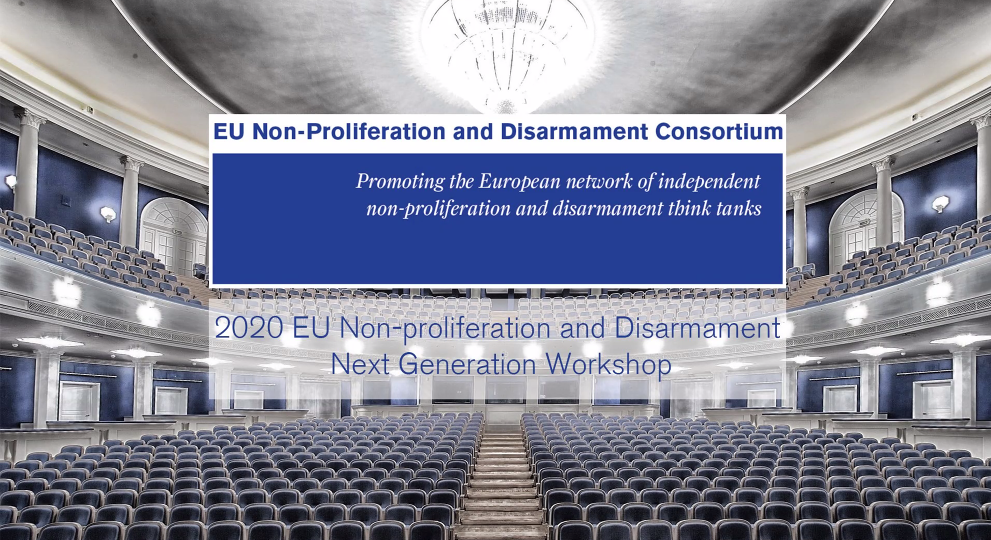
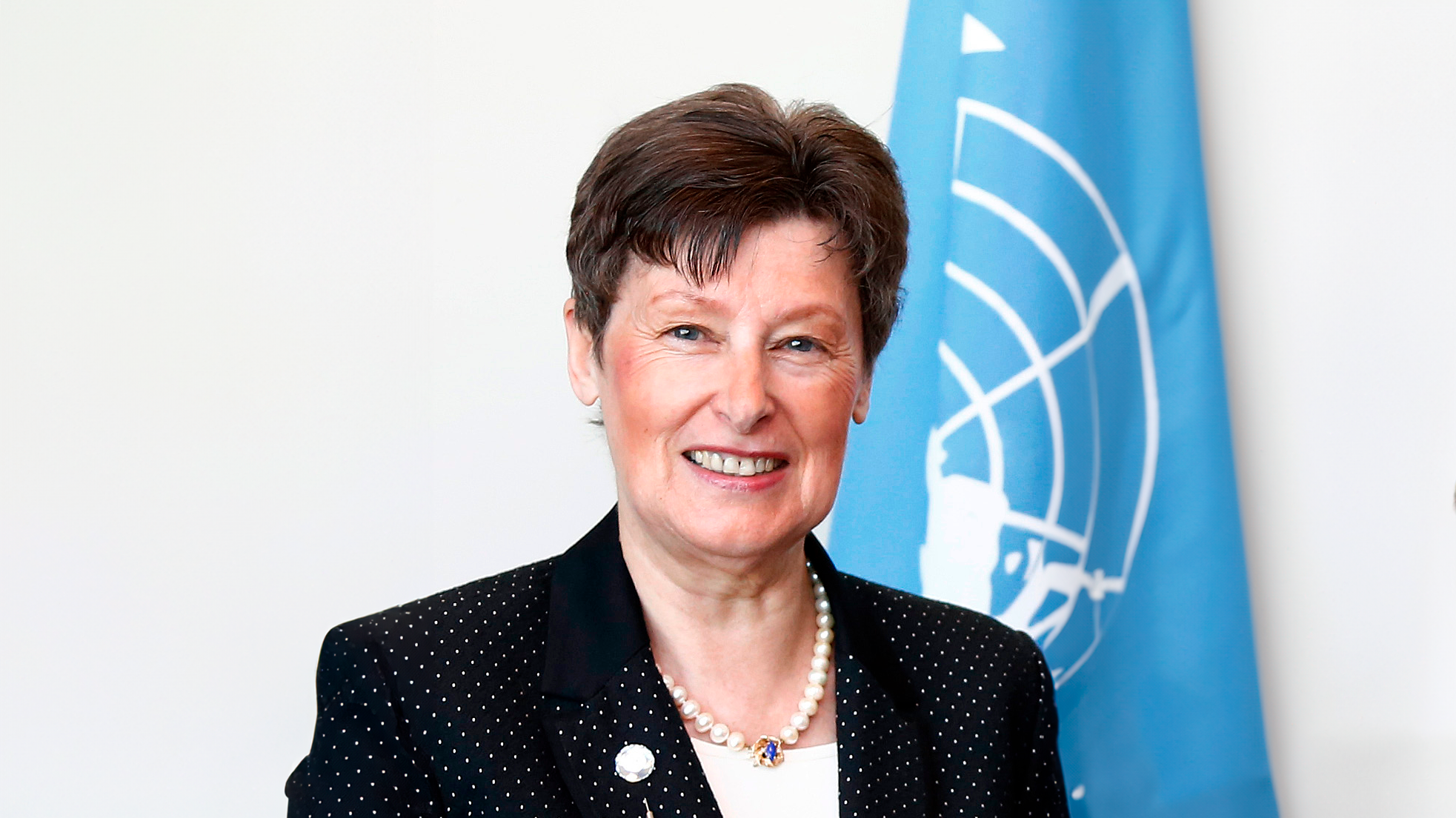
By continuing to use the site, you agree to the use of cookies. more information
The cookie settings on this website are set to "allow cookies" to give you the best browsing experience possible. If you continue to use this website without changing your cookie settings or you click "Accept" below then you are consenting to this.